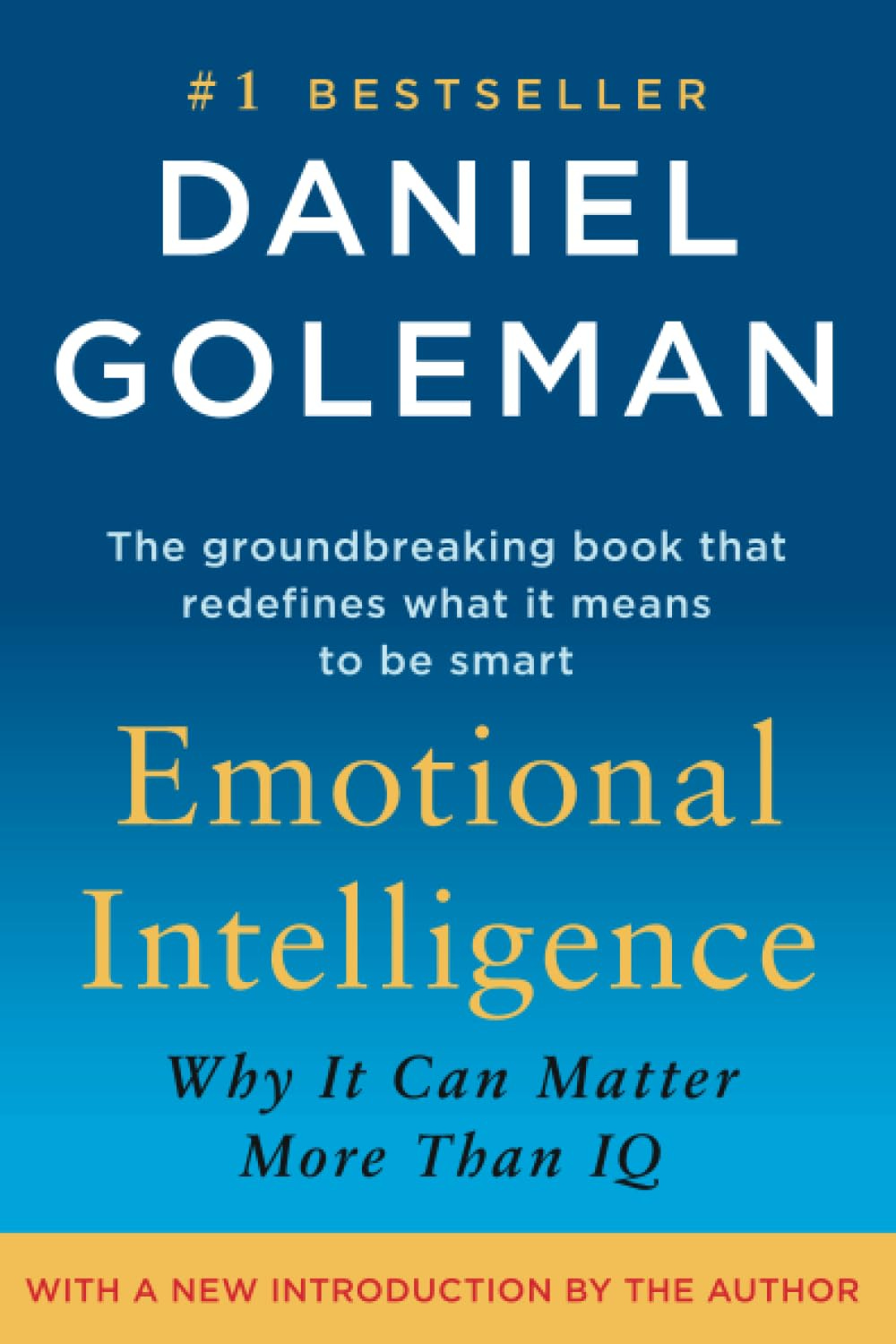Book Freak 151: Boost Your Emotional Intelligence
Advice from Daniel Goleman’s classic, "Emotional Intelligence"

Daniel Goleman’s Emotional Intelligence, published nearly 30 years ago, redefined what it means to be smart. Goleman believes that emotional intelligence (EI) — the ability to manage our own emotions and understand the emotions of others — is a crucial skill set that often surpasses traditional measures of intelligence. Blending psychology and neuroscience, Emotional Intelligence explores the profound impact of emotions on our daily lives, particularly in decision-making, relationships, and personal well-being.
Key Themes
- Emotional Intelligence (EI): Goleman emphasizes the importance of EI, which includes self-awareness, self-regulation, empathy, and social skills, in personal and professional success.
- Neural Basis of Emotions: The book examines the brain’s emotional architecture, particularly focusing on the limbic system and the amygdala’s role in emotional responses.
- Importance of Childhood Emotional Development: Emotional lessons learned in childhood significantly shape our emotional intelligence and coping mechanisms in adulthood.
- Consequences of EI Deficiencies: Inadequate emotional intelligence can lead to a spectrum of issues, including depression, violence, and substance abuse.
Step-by-Step Strategies for EI Improvement
- Cultivate Self-Awareness: Regularly reflect on your emotions and reactions. “Self-awareness—recognizing a feeling as it happens—is the keystone of emotional intelligence… the ability to monitor feelings from moment to moment is crucial to psychological insight and self-understanding. An inability to notice our true feelings leaves us at their mercy.”
- Practice Self-Regulation: Develop strategies to manage intense emotions, especially in high-pressure situations. “The data on self-regulation of anger and emotional contagion suggest that one effective strategy might be to distract the angry person, empathize with his feelings and perspective, and then draw him into an alternative focus, one that attunes him with a more positive range of feeling —a kind of emotional judo.”
- Enhance Empathy: Actively try to understand and resonate with the emotions of others. “Seeing things from another’s perspective breaks down biased stereotypes, and so breeds tolerance and acceptance of differences. These capacities are ever more called on in our increasingly pluralistic society, allowing people to live together in mutual respect and creating the possibility of productive public discourse.”
- Develop Social Skills: Focus on effective communication and relationship-building techniques. “People who make an excellent social impression, for example, are adept at monitoring their own expression of emotion, are keenly attuned to the ways others are reacting, and so are able to continually fine-tune their social performance, adjusting it to make sure they are having the desired effect.”

















